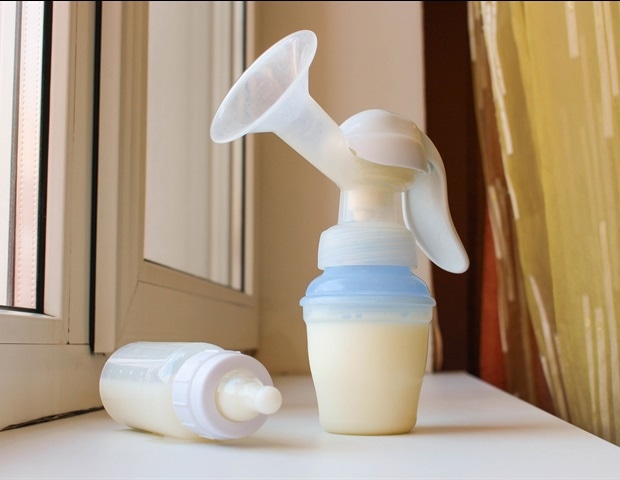New UC research shows that poor metabolic health parameters are linked to low breast milk production. The study was published in the journal lactation medicine.
We wanted to see if we could understand what stands out as different about these moms. So, we conducted a case-control study to see why, despite their best efforts to get everything right with breastfeeding, they weren’t making enough milk. The prevailing dogma is that if you work hard enough to breastfeed, your body will be able to do it.”
Laurie Nommsen-Rivers, PhD, Associate Professor of Nutrition, and the Ruth Rosevear Chair in Maternal and Child Nutrition, UC School of Allied Health Sciences
Nommsen-Rivers and her team analyzed data from a randomized controlled trial from February 2015 to June 2016 involving women evaluated for low milk supply. Mothers aged 20 years or older and one to eight weeks postpartum with a healthy baby born at or later than 37 weeks’ gestation were included. Participants completed a home infant weigh-in test to measure milk production.
“We’ve seen hints in these large epidemiological studies of factors related to insulin resistance, so we looked at the entire metabolic panel,” he says. “All the things that contribute to your risk of metabolic syndrome were looked at: blood pressure, plasma lipids, fasting glucose, fasting insulin, insulin sensitivity. Overall, all of those measures were significantly worse in mothers with low blood supply.” unexplained persistent milk compared with the control group.
Nommsen-Rivers says that over the last decade or so, large epidemiological studies have consistently shown that women with a higher body mass index (BMI) have a shorter duration of breastfeeding. That prompted many theories, including less motivation or less effort, but these theories are actually rooted in weight stigma, according to Nommsen-Rivers. She says this is an understudied area despite strong evidence that higher BMI is associated with poorer metabolic health.
“This is the first study in which we have validated their persistently low milk supply,” says Nommsen-Rivers. “This isn’t just based on a woman thinking, ‘Oh, she didn’t have enough milk, so I gave my baby formula.’ The results of our research clearly point to a physiological basis for their low milk production. It wasn’t because these women didn’t try hard enough.”
This study, according to Nommsen-Rivers, is bringing researchers one step closer to developing clinical criteria for evaluating pregnant women to identify what the metabolic health picture looks like in women who are successful with exclusive breastfeeding. compared to those who cannot produce enough breast milk despite following best practices for lactation management.
“This was an area that is very understudied,” she says. “The reason I got a Ph.D. was that I felt the evidence we use to provide lactation management was too little. I wanted to contribute to research that would help build the evidence base to improve the way we manage lactation.” “.
Font:
Magazine Reference:
Nommsen-Rivers, LA, et al. (2022) Measures of Maternal Metabolic Health as Predictors of Severely Low Milk Production. Breastfeeding Medicine. doi.org/10.1089/bfm.2021.0292.
.
